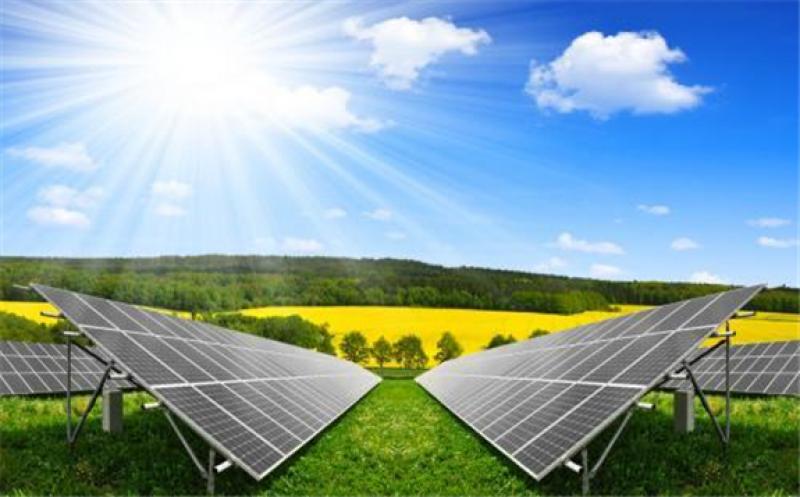France will lower its subsidies for solar plants commissioned between 2006 and 2010 in an attempt to redirect support to new renewable power projects.

Subsidies will be revised down from €600/MWh ($710/MWh) to an undisclosed amount for 3.4GW of solar units as part of their 20-year state-backed purchase guarantee contracts, according to a draft law adopted by the country's lower house of parliament.
The revision will concern only the remaining period on the agreements and could be renegotiated if a lower subsidy compromises output. And solar plants with less than 2.5MW of capacity will be excluded from the subsidy change.
France's oldest solar plants only account for 1pc of domestic output — 5pc of total renewable output — but receive around a third of all public subsidies granted to renewable power units, at about €2bn/yr ($2.4bn/yr). This is because their subsidies have never been reviewed, even when their production costs decreased more than fourfold in 2006-10, the government said.
Paris is looking to allocate more than €110bn to new renewable projects in the next 20 years and will launch tenders to help finance over 10GW of solar capacity in the next five years.
Renewable associations have asked the upper house of parliament to vote against the draft law. The proposal is based on an anachronistic calculation of solar production costs, domestic solar industry body Enerplan said.
The proposal could also encourage investors and lenders to introduce stricter financing conditions for new projects, which would slow the rate of renewable additions in France, renewable association Solidarite Renouvelables said.
French installed renewable capacity last year expanded at its slowest rate since 2016, with additions remaining well below the targets in the country's multi-year energy plan. Solar capacity rose to 9.44GW at the end of 2019 from 8.53GW a year earlier, with the rate of additions slightly higher on the year but below the 2012-18 average of 1.01GW.
France's solar photovoltaic capacity is planned to reach 20.1GW by 2023 under the latest version of its multi-year energy plan, pointing to expected growth of 2.67 GW/yr.
This article is reproduced at www.argusmedia.com